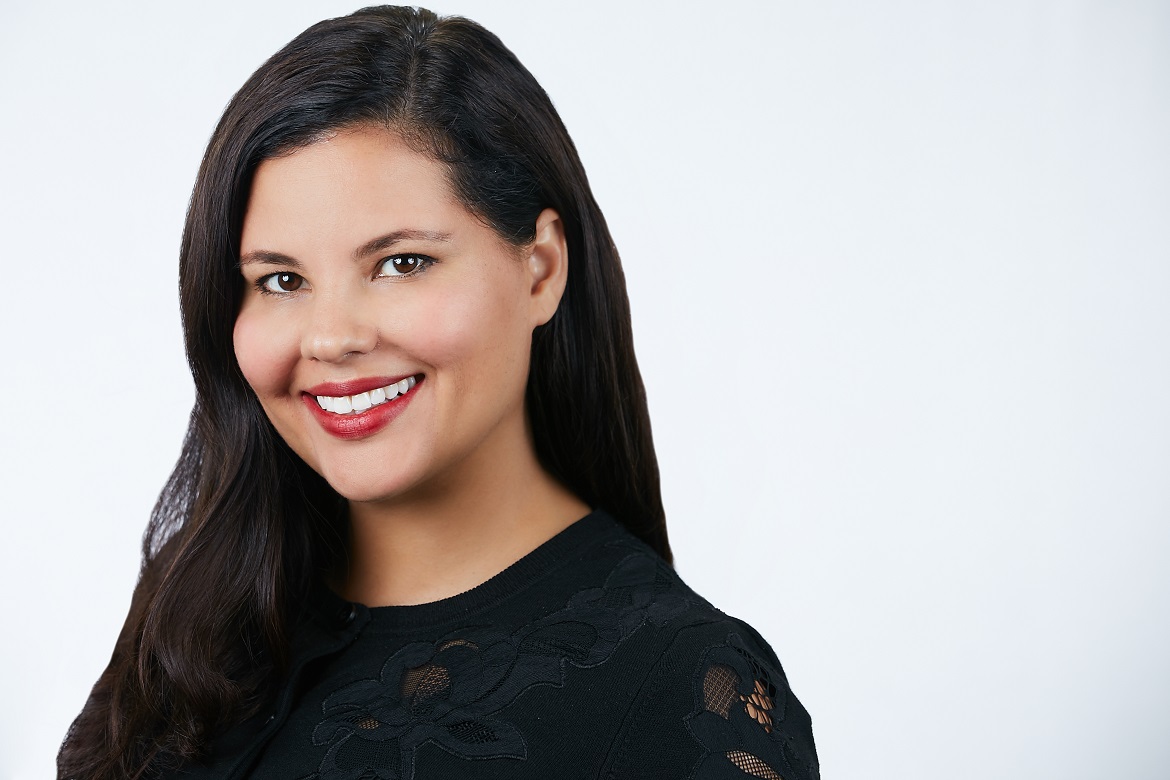Dr. Iya Khalil, founder and CEO of GNS, has always stood on the forefront of the intersection of tech and medicine.
“When Colin Hill and I founded GNS Healthcare in 2000, there was no one talking about artificial intelligence or how it might be leveraged to drive precision medicine,” she tells the Center for Data Innovation. During that time, Khalil took part in radical improvements to the healthcare system through technology.
After 20 years, Khalil has said goodbye to GNS. Instead, she has joined a partnership between Novartis and Microsoft. “Leaving is never easy, but in taking this next step, I am excited to continue bringing the promise of AI to fruition in life sciences,” she wrote in her goodbye note to GNS.
GNS AI tech leads to more precise, accurate medicine
Khalil had a career full of entrepreneurship and recognition. Specifically, in the year 2000 she co-founded the Gene Network Sciences, Inc. company. This later evolved into GNS Healthcare.
GNS uses a type of machine learning called “causal machine learning”. More than just modeling complex diseases, according to Khalil, “it answers the underlying questions of ‘why’.”
For example: GNS created Gemini, “the world’s most accurate computer model if multiple myeloma disease progression and drug response.” This program uses the REFS machine learning platform as the base of its program. “The true differentiation of the REFS causal machine learning platform is its ability to take massive, diverse data sets and turn them into interactive models that explain the cause and effect relationships between data without bias,” explains Khalil. She adds that this software is data-agnostic, meaning that you can input almost any data to get results.
In 2014, President Obama recognized Khalil as a leading entrepreneur in her field. Governor Charlie Baker then appointed Khalil to the Massachusetts Center for Health Information and Analysis Oversight Council. She also co-founded a nonprofit called Female Equity, whose mission states, “we want to make the American Dream Real Again by enabling women to participate in value creation through entrepreneurship.”
A near-tragedy inspires Iya Khalil to improve medicine
In 2011, Khalil had a near-fatal embolism. Her very survival was uncertain for a time. Thankfully, she survived and asked her doctors whether anyone could have predicted or prevented these events. She received the answer, “well, this was just chance.”
“As physicists, we predicted the existence of the Higgs-Boson decades before we verified experimentally, we made this prediction via mathematical equations,” thought Khalil. “So why can’t we do this for our own health?” This question pushed her career towards computational biology.
GNS healthcare hopes to change cases like Khalil’s and many others. Specifically, they endeavor to offer new insights via technology about probable health outcomes and treatments.
Iya Khalil on the cusp of more biotech improvements, now with Novartis
Now, Khalil will continue her work with Novartis, a cutting-edge biotechnical company which focuses on cell and gene therapy. Novartis also works to incorporate AI into the treatment of multiple serious conditions. The AI innovation lab came out of a recent partnership with Microsoft, with the idea to, 1. “bring the power of AI to the desktop of every Novartis associate…to take on the next wave of challenges in medicine” and 2) “tackle some of the hardest computational challenges within the life sciences,” writes Endpoint News.
Khalil will take the role of Global Head of the AI Innovation Center. In a statement, Novartis explained that her role consists of, “leading deep AI innovations for the enterprise, at a global scale and be the interface between Novartis and a number of key external partners including Microsoft and leading academic institutions.”
The projects currently underway in the lab will revolutionize precision medicine. This includes intelligent molecular design, which will allow for more efficient treatment, cancer treatment using the patient’s own T-cells, and the incorporation of AI into both the research and treatment processes.
Keep up with Novartis’s latest innovations here.



